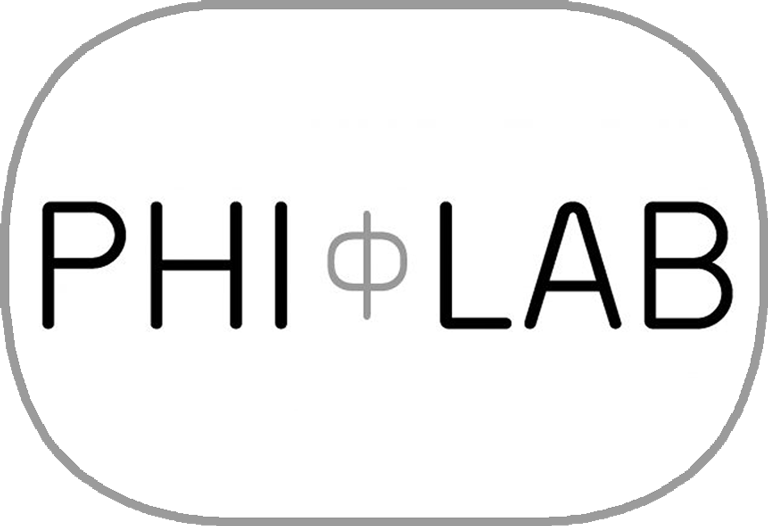The Normative Roots of Social Kinds (NORSK)
Coordinators: Francesco Guala and John Michael
Funding (2025-2028): FIS2 Advanced (Italian Ministry of University and Research) €2,010,000
A central challenge for the field of social ontology is to explicate the distinctively normative dimension of social categories, or ‘kinds’, while also doing justice to their epistemic functions. NORSK addresses this challenge with a uniquely interdisciplinary suite of methods and resources. Its core insight is that social categories are simultaneously real and normative. In exploring this insight, the project will start out from a detailed investigation of paradigmatic ‘folk’ and scientific categories, revealing how norms and values play important epistemic roles in stabilising behaviour and facilitating inferences across social properties. In particular, it will develop and assess the novel hypothesis that norms and values ‘anchor’ the success of inferential practices, helping to fix the extension of social categories. Integrating the methods of cognitive neuroscience, cross-cultural and comparative psychology, the project will also investigate the cognitive and social mechanisms which underpin social normativity. A key working hypothesis is that kinds facilitate coordination by providing cues and signals that modulate normative attitudes and expectations in joint action contexts. Such cues and signals are culturally situated, and may also depend on dispositions that vary across social groups and cultures. NORSK aims to identify the cultural parameters and individual differences which underlie this variance. In addition, the project will investigate protoforms of normativity in other species (chimps and wolves), and thereby home in on those aspects which are uniquely human. Finally, it will also probe cultural and individual factors that regulate various forms of punishment and partner selection, as well as the ways in which these mechanisms are efficacious in sustaining the normative attitudes that ‘glue’ social kinds together.
